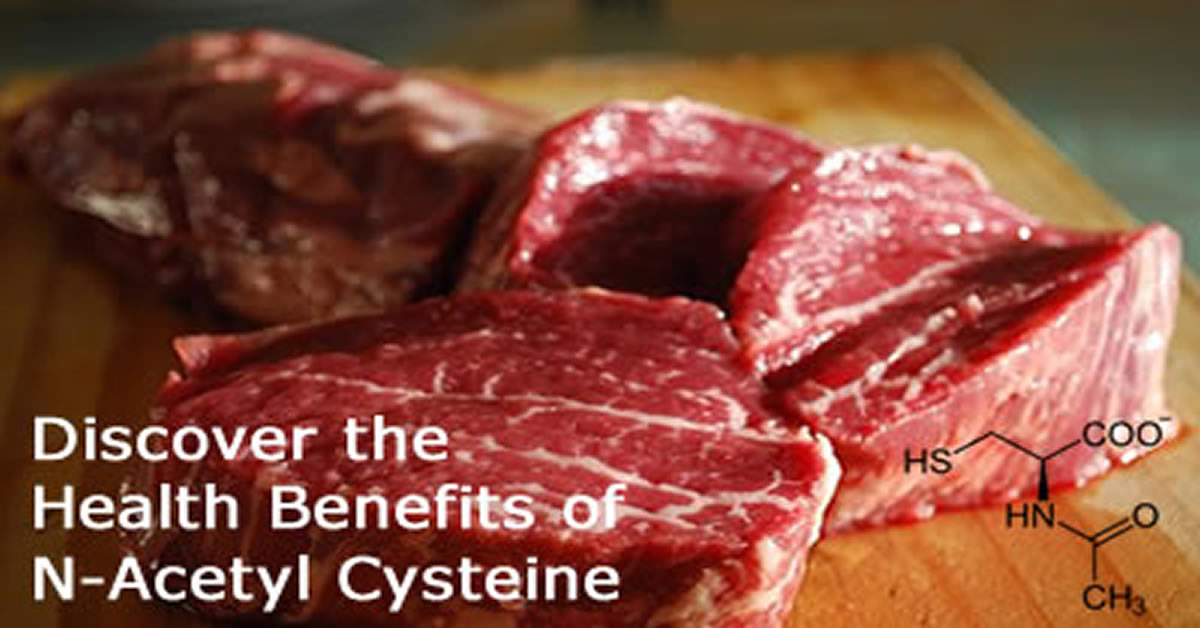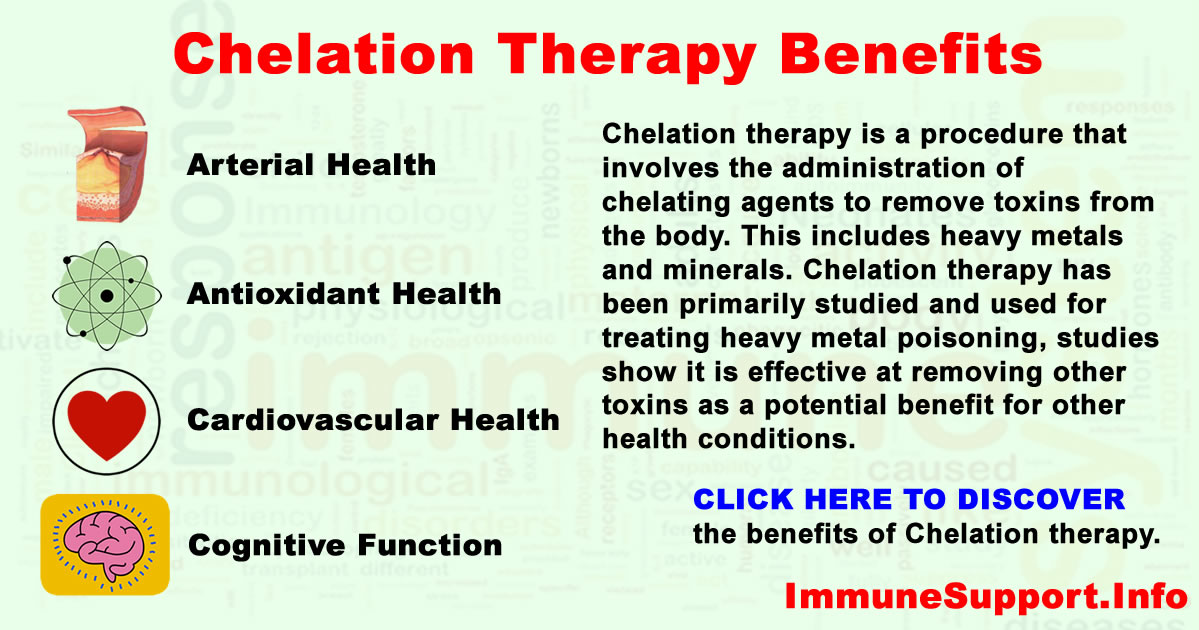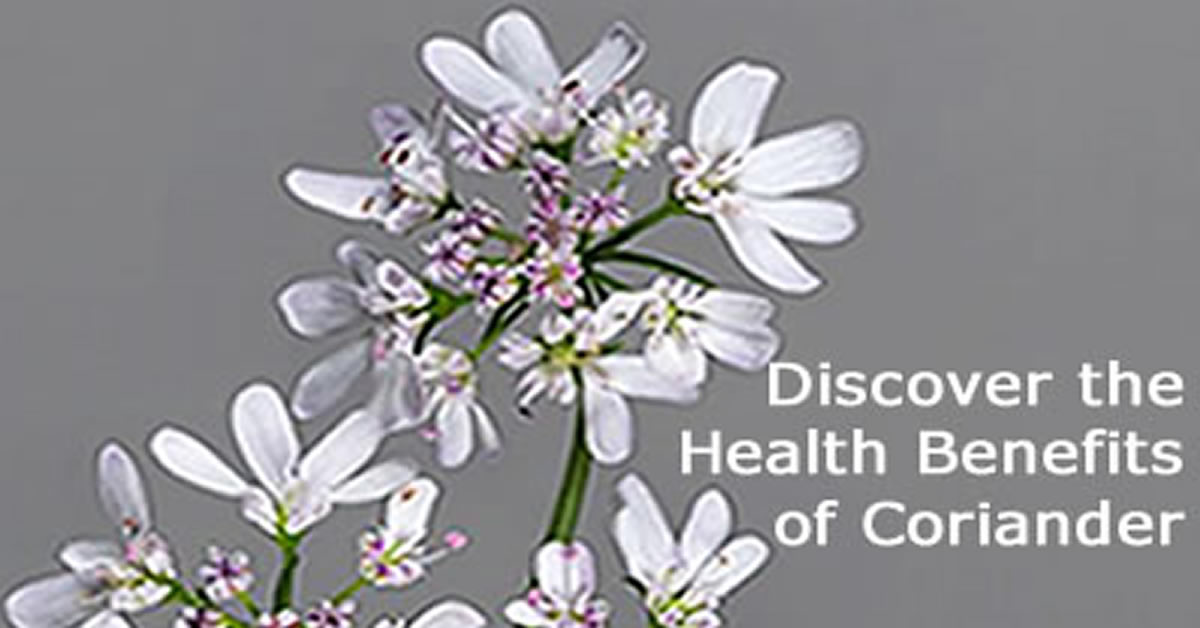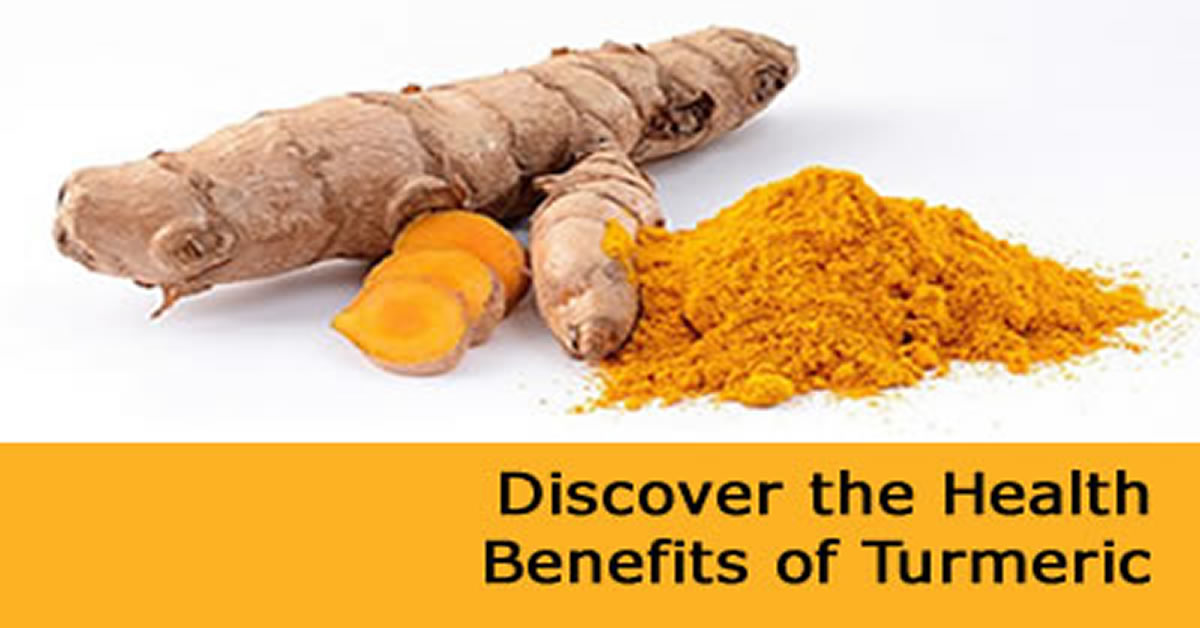
Thyme
Thyme is a versatile herb that has a long history of use for both culinary and medicinal purposes. It is known for its distinct flavor and aroma, which adds depth and complexity to a wide range of dishes. In addition to its culinary uses, thyme has been traditionally believed to possess various health benefits, including immune-boosting properties. In this comprehensive article, we will explore thyme’s history, effectiveness, efficacy, safety, and how to prepare and consume it, all while citing peer-reviewed medical literature to provide you with well-founded information.
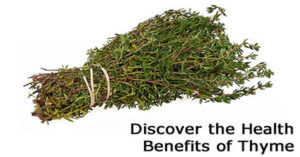 Thyme: A Historical Perspective: Thyme (Thymus vulgaris) is an aromatic herb that belongs to the mint family, Lamiaceae. It is native to the Mediterranean region and has a history that dates back thousands of years. The ancient Egyptians used thyme in their embalming practices, while the ancient Greeks and Romans considered it a symbol of courage and strength. Thyme was also used during the Middle Ages to combat the spread of diseases, and it was a common ingredient in remedies and tonics.
Thyme: A Historical Perspective: Thyme (Thymus vulgaris) is an aromatic herb that belongs to the mint family, Lamiaceae. It is native to the Mediterranean region and has a history that dates back thousands of years. The ancient Egyptians used thyme in their embalming practices, while the ancient Greeks and Romans considered it a symbol of courage and strength. Thyme was also used during the Middle Ages to combat the spread of diseases, and it was a common ingredient in remedies and tonics.
The Effectiveness of Thyme: Thyme is renowned for its potential health benefits, many of which are attributed to its active compounds. One of the key components of thyme is thymol, a natural compound with antimicrobial properties. Thymol has been extensively studied for its effectiveness in combating various pathogens, including bacteria, fungi, and viruses.
- Antimicrobial Properties: Numerous studies have investigated thymol’s ability to inhibit the growth of harmful microorganisms[i].
- Antioxidant Effects: Thyme is also rich in antioxidants, which play a crucial role in protecting cells from oxidative stress and damage[ii].
The Efficacy of Thyme in Immune Boosting: Immune-boosting properties are often associated with herbs and natural remedies. Thyme is no exception, as it contains essential vitamins and minerals that can support the immune system. Some of the key components that contribute to thyme’s immune-boosting potential include:
- Vitamin C: Thyme is a good source of vitamin C, an essential nutrient known for its role in supporting the immune system. Adequate vitamin C intake is associated with a reduced risk of infections and faster recovery from illnesses[iii].
- Vitamin A: Thyme also contains vitamin A, which is important for maintaining the health of the mucous membranes in the respiratory and digestive tracts. These membranes act as a barrier against invading pathogens[iv].
While thyme does contain these immune-supportive nutrients, it’s important to note that the effectiveness of thyme as an immune booster may vary from person to person. It is not a substitute for a well-balanced diet and a healthy lifestyle, but it can certainly be a valuable addition to your culinary repertoire.
Safety Considerations: In general, thyme is considered safe when consumed in moderate amounts as a culinary herb. However, there are a few considerations to keep in mind:
- Allergies: Some individuals may be allergic to thyme or other plants in the mint family. If you experience symptoms like itching, swelling, or difficulty breathing after consuming thyme, seek medical attention immediately.
- Medication Interactions: Thyme supplements or extracts may interact with certain medications. If you are taking any medications, consult with a healthcare professional before using thyme supplements.
- Pregnancy and Breastfeeding: Pregnant and breastfeeding women should consume thyme in moderation as part of their diet. It is best to avoid thyme supplements during these periods.
- Essential Oils: Thyme essential oil is highly concentrated and should be used with caution. It is generally not recommended for internal use without proper dilution and guidance from a qualified aromatherapist.
How to Prepare and Consume Thyme: Thyme can be incorporated into your diet in various ways, adding flavor and potential health benefits to your meals. Here are some popular methods for preparing and consuming thyme:
- Fresh Thyme Leaves: Fresh thyme leaves can be used to garnish salads, soups, and roasted vegetables. They add a fresh and aromatic flavor to dishes.
- Dried Thyme: Dried thyme is a convenient option for seasoning dishes. It can be added to marinades, rubs, and spice blends.
- Thyme Tea: Thyme tea is a soothing beverage that can be prepared by steeping fresh or dried thyme leaves in hot water. It is often enjoyed for its potential respiratory and digestive benefits.
- Thyme-infused Oil: Thyme-infused olive oil can be used for cooking or as a flavorful dressing for salads.
- Herb Butter: Make thyme-infused butter by mixing finely chopped fresh thyme leaves with softened butter. This can be used as a topping for grilled meats or vegetables.
In conclusion, thyme is a herb with a rich history and a wide array of potential health benefits. While it is not a miracle cure, its antimicrobial properties, immune-supporting nutrients, and culinary versatility make it a valuable addition to a balanced diet. When used in moderation and in accordance with safety guidelines, thyme can be a flavorful and health-promoting herb in your kitchen.
It’s important to remember that individual responses to herbs and supplements can vary, so if you have specific health concerns or are considering thyme for medicinal purposes, it is advisable to consult with a healthcare professional for personalized guidance.
[i] Borugă O, Jianu C, Mişcă C, Goleţ I, Gruia AT, Horhat FG. Thymus vulgaris essential oil: chemical composition and antimicrobial activity. J Med Life. 2014;7 Spec No. 3(Spec Iss 3):56-60. PMID: 25870697; PMCID: PMC4391421. https://www.ncbi.nlm.nih.gov/pmc/articles/PMC4391421/
[ii] Pandur E, Micalizzi G, Mondello L, Horváth A, Sipos K, Horváth G. Antioxidant and Anti-Inflammatory Effects of Thyme (Thymus vulgaris L.) Essential Oils Prepared at Different Plant Phenophases on Pseudomonas aeruginosa LPS-Activated THP-1 Macrophages. Antioxidants (Basel). 2022 Jul 6;11(7):1330. doi: 10.3390/antiox11071330. PMID: 35883820; PMCID: PMC9311800. https://www.ncbi.nlm.nih.gov/pmc/articles/PMC9311800/
[iii] Hammoudi Halat D, Krayem M, Khaled S, Younes S. A Focused Insight into Thyme: Biological, Chemical, and Therapeutic Properties of an Indigenous Mediterranean Herb. Nutrients. 2022 May 18;14(10):2104. doi: 10.3390/nu14102104. PMID: 35631245; PMCID: PMC9147557. https://www.ncbi.nlm.nih.gov/pmc/articles/PMC9147557/
[iv] Hammoudi Halat D, et al Id.





